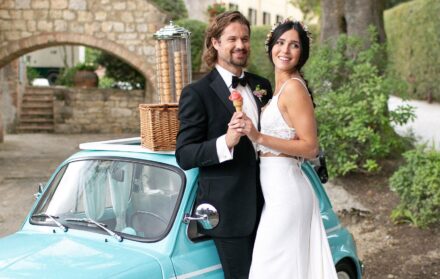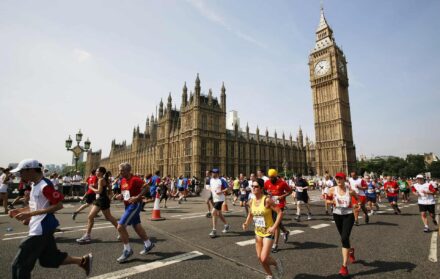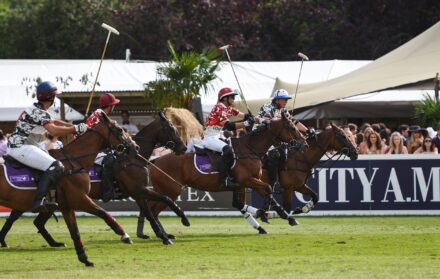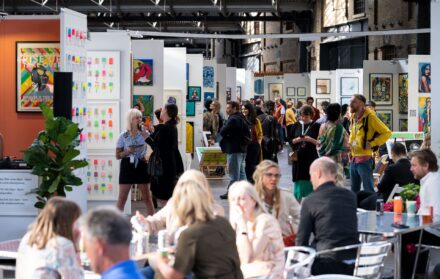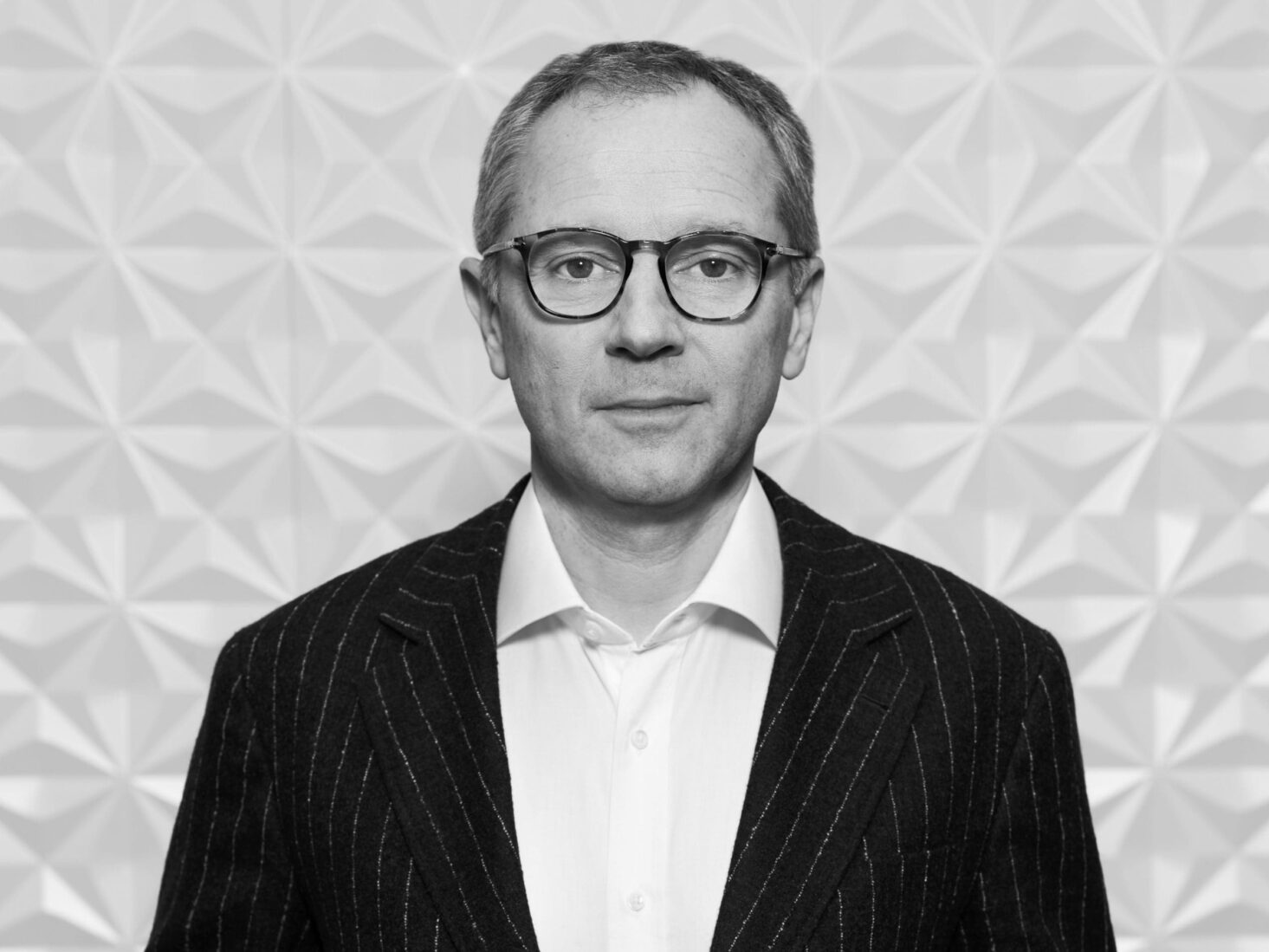
Formula One CEO Stefano Domenicali on steering the sport into a new era
“I think all of the F1 world hopes that it won’t be long before Ferrari is back on the podium. And I’m with them.”
Stefano Domenicali is one of the most affable men in motorsport. The new CEO of the Formula One Group took over from Chase Carey in January this year as F1 battled to keep the show on the road through a global pandemic.
I’ve met the 56-year-old, who currently lives in London, multiple times, and he is a genuinely good-natured, salt-of-the-earth type of guy. He will, however, need all the management skills honed from three decades at Ferrari, Audi and Lamborghini, to keep the sport on track through a controversial overhaul in 2022.
Domenicali served 23 years at Ferrari, the last six years as team principal, before leaving to join Volkswagen in 2014. At that point, the world’s second-largest car manufacturer was in the throes of conducting a feasibility study into a potential F1 entry. That prospect disappeared in 2017 when VW was engulfed in the ‘diesel-gate’ scandal, at which point Domenicali moved to head up Lamborghini, just as the Italian supercar manufacturer was about to launch its first-ever SUV, the Urus.
When F1 came calling late last year, it was, says Domenicali, a no-brainer. Born in Imola, Domenicali has motorsport in his blood. As a child, he had helped out at the Autodromo Enzo e Dino Ferrari during race weekends, watching his F1 heroes roaring around the track. Domenicali was part of the Ferrari set-up that brought glory to Michael Schumacher in the early 2000s. Then, later, as team principal, he could only watch on and agonise as Fernando Alonso narrowly missed out on the driver’s championship in 2010.
It’s difficult to see how Domenicali’s first season in charge of Formula One could have gone any better. The championship is evenly poised in a nip-and-tuck battle between Lewis Hamilton and Max Verstappen – the seven-time world champion versus the young pretender. Viewing figures are up, fans are back trackside and, as we chat before the Russian Grand Prix in Sochi, Domenicali says he truly couldn’t be any happier.
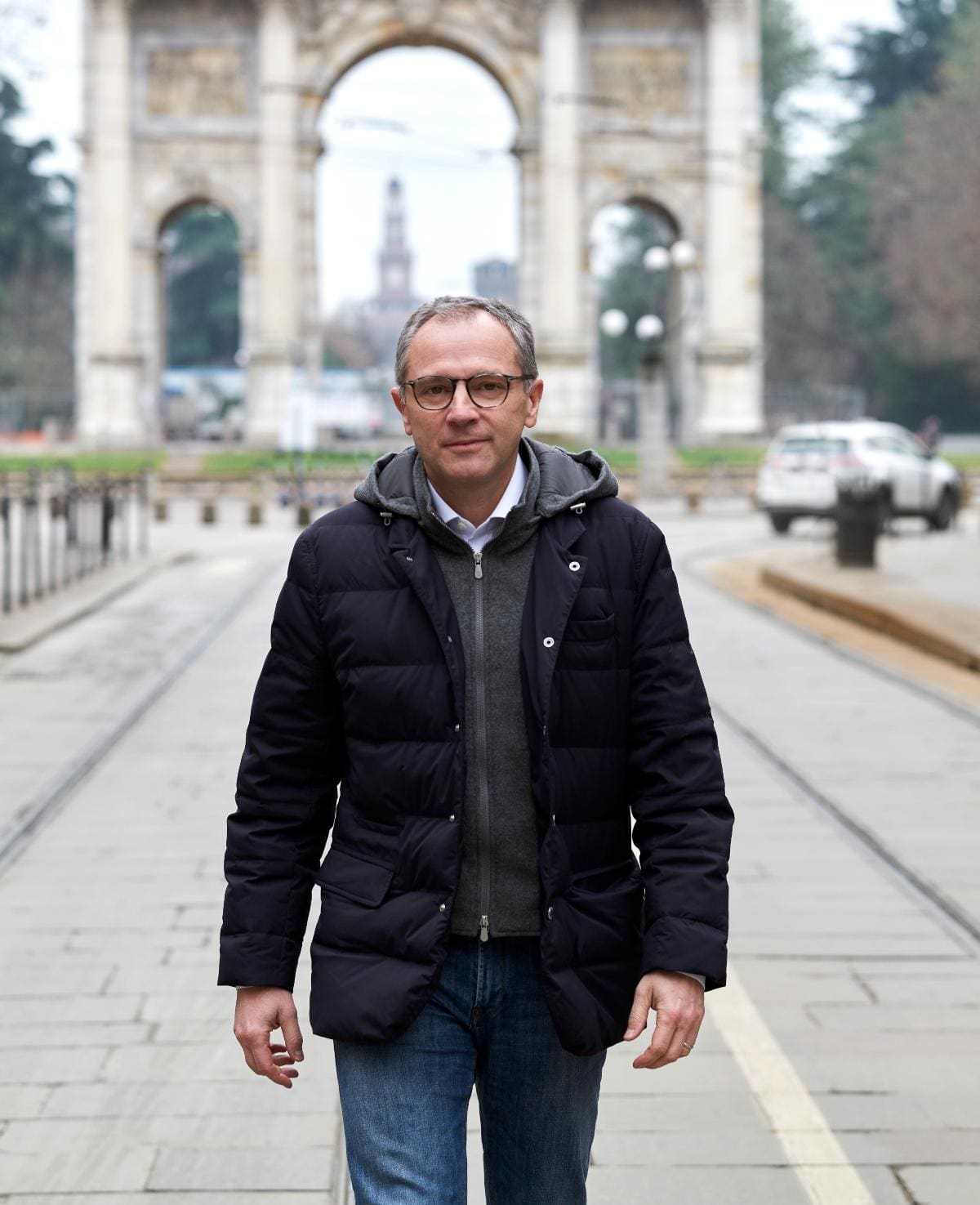
What’s harder, running a Formula 1 team, or running Formula 1?
Ha! Both are hard for sure. The magnitude of this business is challenging and the responsibility is big. I don’t want to say this job is difficult but it is complex. There are a lot of variables to be taken into consideration, especially making decisions from both a tactical and strategic position. There is much to manage, including the interests of the fans, the teams and the shareholders. The opportunity we have next year to link everything together is a big chance to grow the sport.
Next year teams will face a cost cap and aerodynamics will be reduced to make the races closer and encourage more overtaking. How important are these changes?
There’s no doubt the delayed changes that come in next year will be very important, from a sporting perspective and commercially. The aim has always been to try and ensure we have even more spectacular races – that the drivers are closer on the track. Next year is a moment to reset. The bigger teams will have to change their mindset to a position where they cannot spend as much as they used to.
Do you see a need to attract a younger audience to Formula 1?
Actually, that is something we are already seeing, especially with our approach through social media, e-gaming and paying more attention to a narrative the younger generation understands. For example, the Netflix series Drive to Survive has captured a huge new audience. We are already seeing changes that weren’t expected in the short term, such as younger fans at the grands prix themselves. To cater to this new type of audience, F1 wants to make the weekends more attractive spectacles, with music events and a more festival atmosphere.
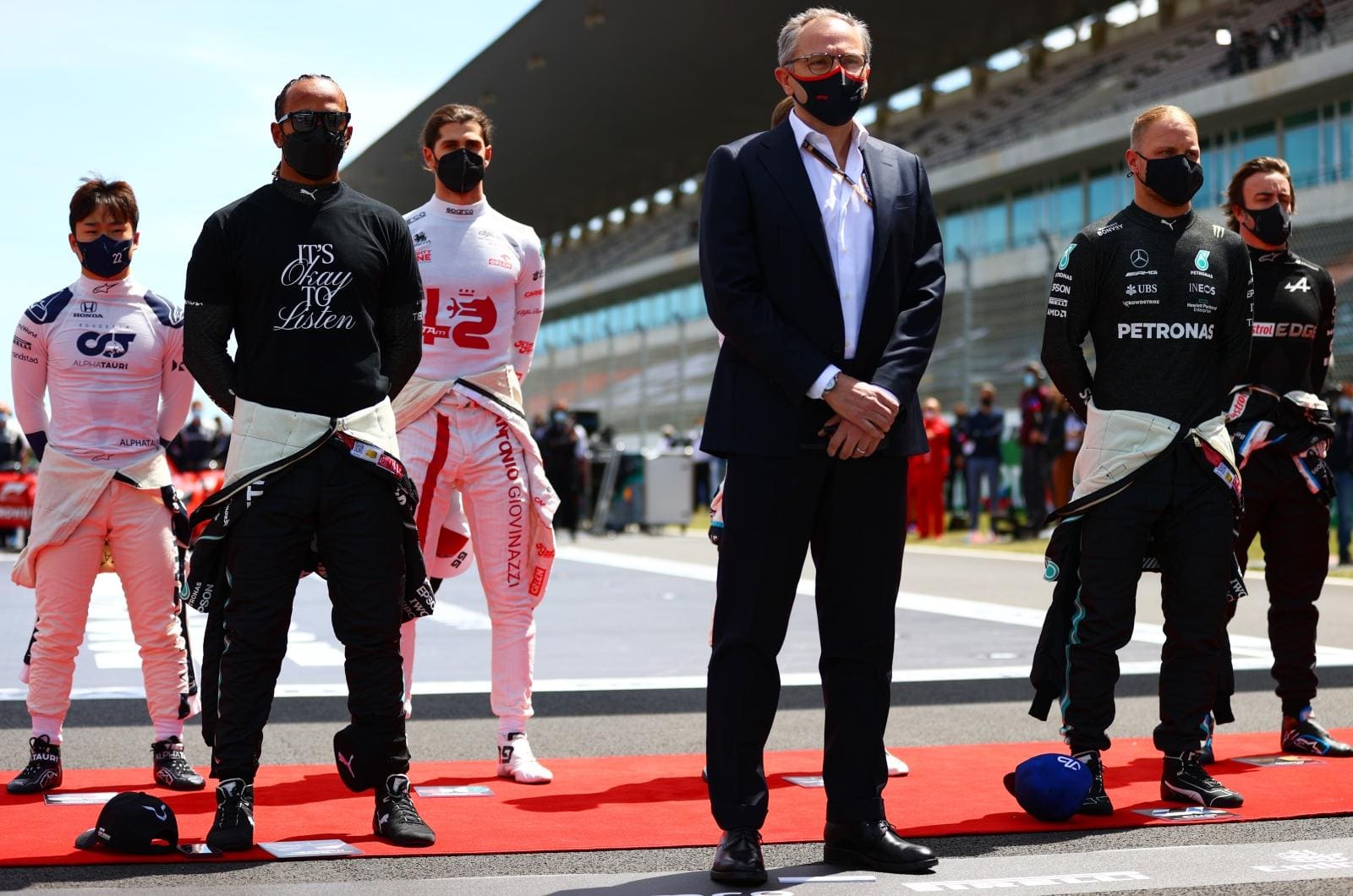
How many races can we expect in a season going forward?
I think the optimum number is 23. Where the races will take place could change because the new promoters, Liberty Media, want to push the bar to an even higher level. Therefore, the new venues that are coming in are offering such fantastic events that the older, more traditional venues are having to step up their game. That’s the beauty of this current situation – everyone is motivated to be better. It doesn’t matter if a race has been held at the same venue for 100 years – that’s not relevant anymore. North America and Asia are two important regions for developing the business, but we also had big interest from South Africa, too. China and South Korea offer a massive younger audience, so there is plenty of potential on a global scale.
Next season’s Monaco weekend has been cut back by a day, which has upset people because, traditionally, the fourth day was a day of rest and partying. What prompted that decision?
Cutting the grand prix weekend back to three days is in line with other grands prix, but that doesn’t mean we won’t be partying. The fact is that with the changes we have in mind for next season it will be a bigger party every day.
Ferrari is in your blood, are you hoping to see them back on the podium soon?
I think all of the F1 world hopes that it won’t be long before Ferrari is back on the podium. And I’m with them. It won’t be easy as the levels of performance by Mercedes and Red Bull are unbelievable – what Mercedes and Lewis Hamilton have done over the past seven years has been amazing. Team heritage doesn’t count for much anymore. Ferrari has improved this year and that can only be good for F1.
Lewis Hamilton had a narrow escape at Monza when the halo system saved him from serious injury. Were you always in favour of the safety device?
Yes, always. I was president of the FIA’s Single-Seater Commission when it came into being. I think the introduction of halo shows the need to be forward thinking – F1 needs to look ahead. From a commercial point of view, we have to think about how the drivers within a certain structure can be seen by the public and television viewers.
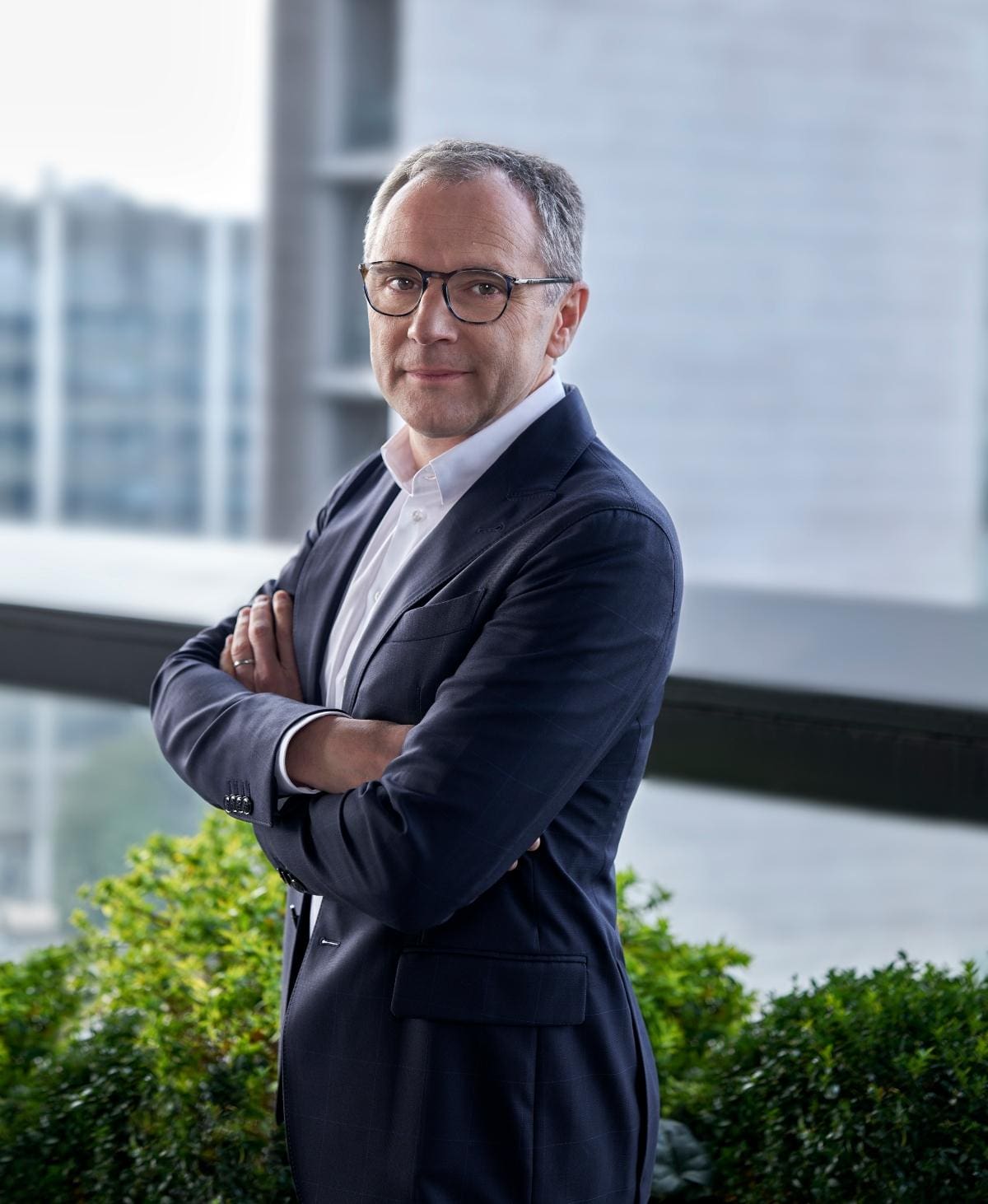
Every Italian boy wants to be a racing driver. Presumably, you did too?
No! The truth is I have always been fascinated by the other side of the track. I knew about the cars but I also knew I had to give up because I respected the drivers who were much faster than me.
When did you watch your first grand prix?
It was the Italian Grand Prix at Imola when I was 15. I was there with my friends watching at the Tosa corner – it was the first Formula 1 world championship race to be held at the circuit because Monza was being refurbished and we were very excited. Two years later I watched my hero, Gilles Villeneuve, race there in a famous battle with his Ferrari team-mate, Didier Pironi.
You started your career with Ferrari in the finance department. How did that happen?
I sent a lot of CVs to companies, including Ferrari. I grew up in a racing environment because of where I was born but I never thought it possible for me to work with such a famous Italian team. I thought I would be working in the world of finance but that isn’t how it worked out. I feel very lucky because spending 23 years at Ferrari, then five years at Lamborghini, is what every Italian boy can only dream of. I’ve been very lucky.
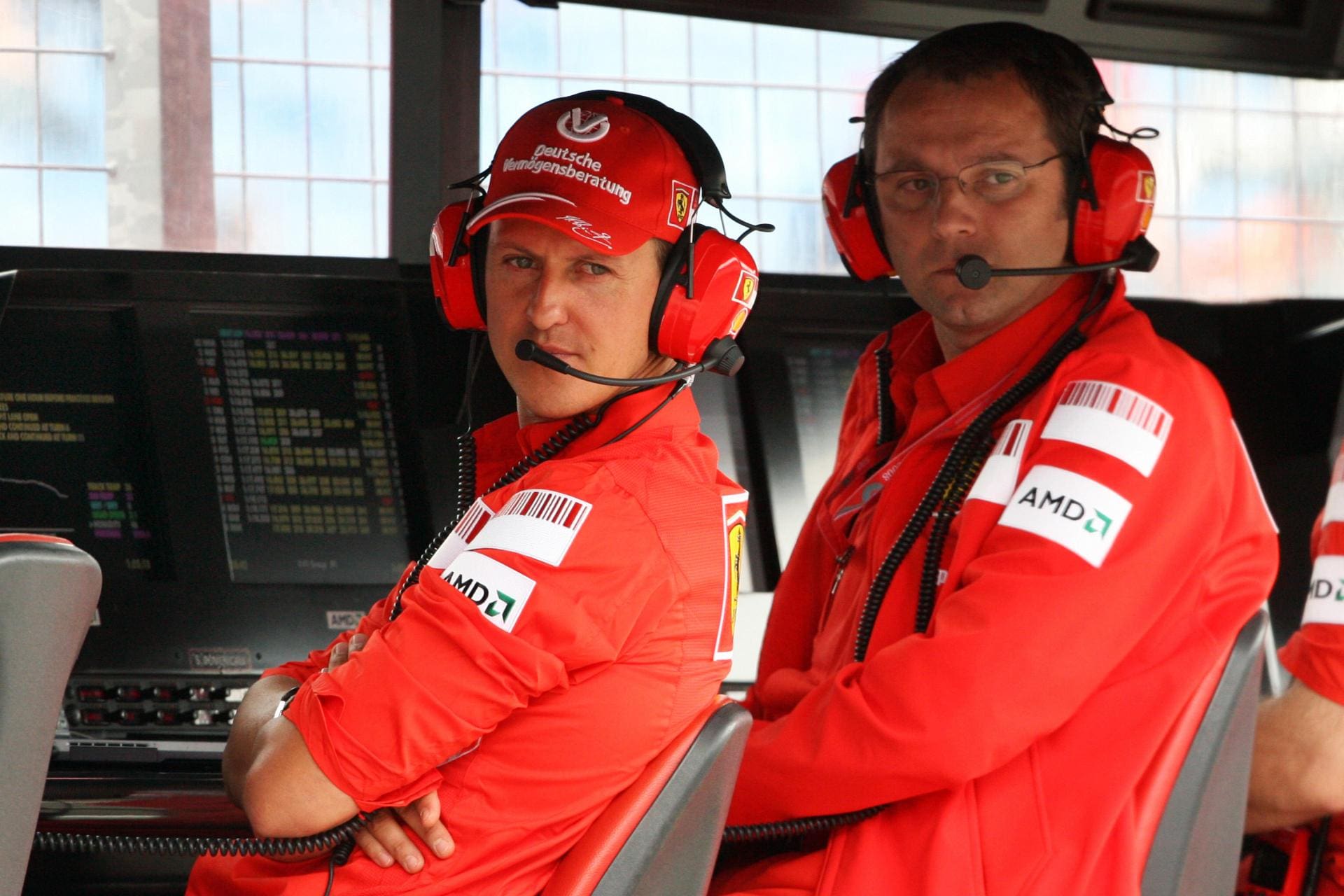
It’s tough at the top – who do you turn to for advice?
My wife Silvia and my father. They always give me good advice. It’s always good to get a different perspective from people who are not so closely linked to Formula 1. They know me very well; they know my background and thank God I am still the person I always was.
You moved from Monza to sunny London where Formula One is based. How are you enjoying the city?
Now that my family is living with me, I am fine. That said, I am away from home so much that I don’t get to see them as much as I would like. My 17-year-old son is at boarding school and my daughter, 15, is at the International School, so everybody is settling into a routine.
Have you had time to enjoy the racing this year?
I’ve been thrilled to watch the battle on the track between Mercedes and Red Bull. It has been an incredible season in terms of tension because both teams are in a position where they cannot afford to make a single mistake. The intensity we have is magnificent and I really hope we can carry it forward to the very last race of the season, in Abu Dhabi, on 12 December.
Read more: Red Bull principal Christian Horner on closing in on Mercedes




